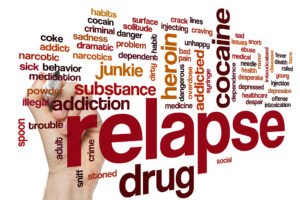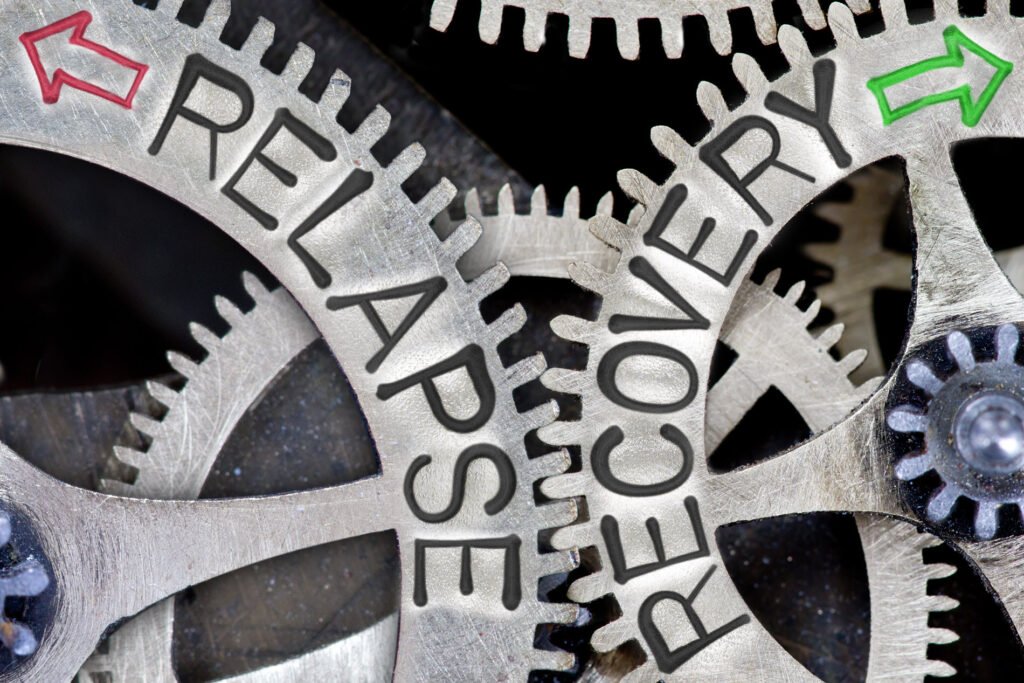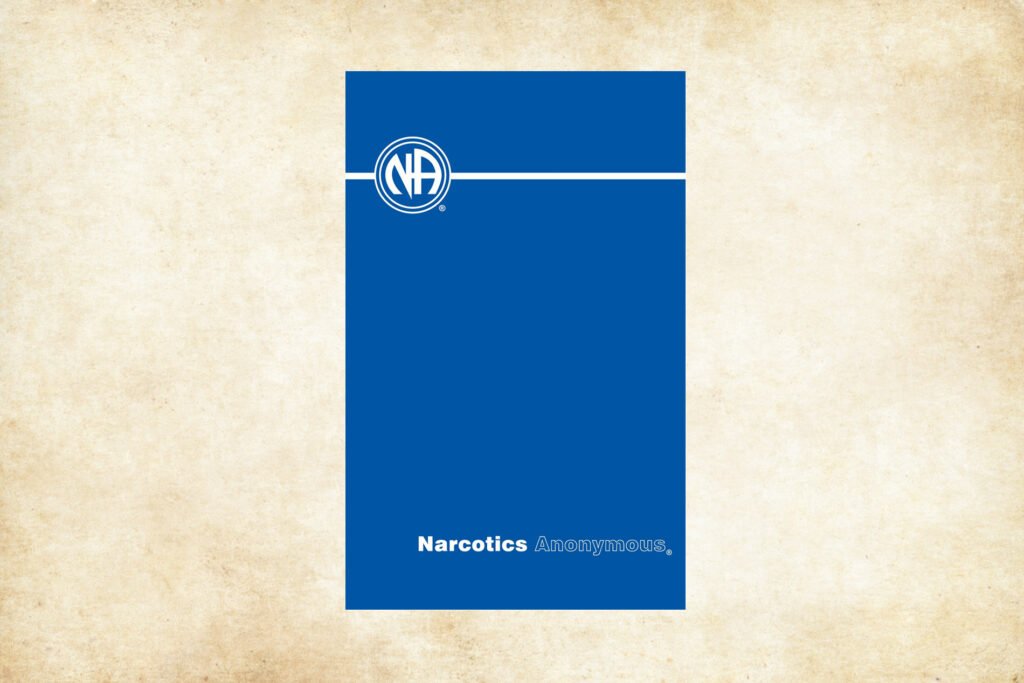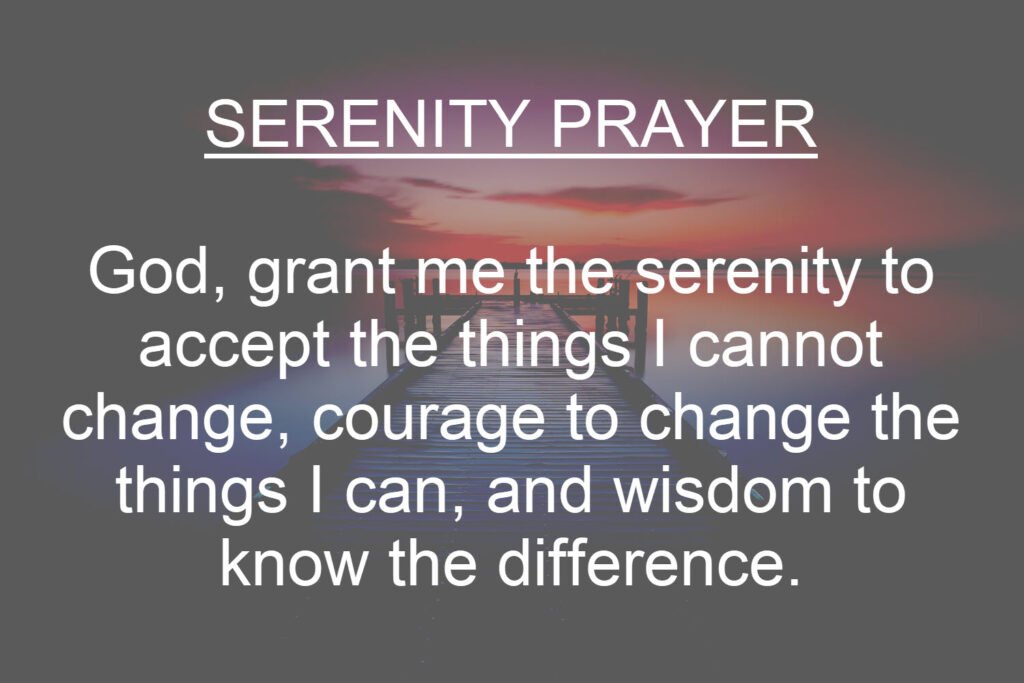For addicts still struggling in active addiction, searching for the answer to their problems today is never easy. Even after hearing about Narcotics Anonymous, they may still be reluctant to attend meetings, whether it is because they do not have the desire to stop using or they just don’t believe they are effective. The 12 step program of Narcotics AnonymousNA is the second-largest 12-step program. Formed in 1953, it is designed to help those who wish to recover from drug addiction. More has proven effective for many of its members. The only requirement for those who want to attend meetings is the desire to stop using.
Recovery Rates in NA
Although recoveryThe process by which addicts attempt to break the hold a certain substance or behavior has on their lives. This can refer to participation in a wide variety of methods. What they all have in common, is a sense that life is improving and the addict is regaining control. More rates cannot always be measured, the NA program conducted a survey back in 2013 to try and demonstrate the effectiveness of the Narcotics Anonymous program. The success rates were shown in itself after more than 16,000 members participated in the online survey, which was posted for several months to allow all individuals to try and respond.
The responses not only indicated that the programThis refers to any official course of treatment for addiction. This could be anything from in-patient facilities, to 12-step programs to harm-reduction programs. More worked, but it also showed the diversity and variety of members in the program. The survey showed that members were attending because they had a desire to stop using – with over 45% of newcomers attending because of influence from another memberAn individual who attends 12-step program meetings and has the desire to overcome addiction. More and only 11% attending because they were court mandated.
Over 30% of the respondents were sober for one to five years, 17% were sober for six to ten years and 19% had over 20 years of sobrietyIn 12-step programs, an individual is sober when they are no longer partaking in the behavior or substance to which they are addicted and living a better life following the program. Both are necessary to achieve sobriety. More under their belts. Another important part of the survey explained that over 90% of the members reported improvement in their personal relationship and family areas. The answers were in the numbers.
Relapse Rates in NA

Although relapseRelapse in the context of 12-step programs refers to the act of reverting to harmful behaviors associated with addiction after a period of recovery. This return to substance use or compulsive behavior disrupts the recovery process and often leads to a resurgence of destructive patterns that the indi... More is a part of recovery, it doesn’t have to be. Not everybody who enters the program of recovery relapses, but if an individual does relapse, it is not deemed a failure; it simply means that attending more meetings may be in order and working a better program to focus more on why a relapse occurred in the first place.
Relapse rates can’t always be measured, but surveys do state that individuals who obtain at least one year of sobriety are 50% less likely to relapse. Individuals who obtain at least five years or more of sobriety are 15% less likely to relapse. Working the program and attending meetings provides the knowledge and tools to maintain sobriety.
For addicts in recovery, it is important to consider that when a relapse occurs, do not forget that nobody is ever alone in the program. Relapses happen and with the right tools, they have the potential of being prevented. When an addictAn individual with an unhealthy dependence on a substance or behavior. An individual remains an addict even years into recovery and must therefore remain active in recovery. Read more about drug & alcohol addiction & withdrawal at Withdrawal Info. More relapses, the important thing to do is to continue working the program with a sponsor and attending meetings.
Related: Alcoholics Anonymous Success Rates
Tips on Staying Sober
Maintaining sobriety may not seem easy at first, but there are many things addicts in recovery can do to maintain their sobriety.
Meetings
First and foremost, attending meetings and working the program is a proven method to staying cleanPhysical sobriety from a specific substance on which the individual is dependent. This can refer to either when the substance leaves the system or the amount of time since it was last taken. More and sober. An addict never missed an opportunity to obtain or use drugs; an addict in recovery has no excuse for missing a meeting. Even in the middle of a pandemic, there are even ways to attend meetings online.
Stay in Middle of the Herd
Changing playgrounds and playmates is one of the most important ways to ensure sobriety. It is easy to fall back into old habits after getting sober, so the only way to continue staying sober is by surrounding yourself with individuals who are also sober and staying away from areas that may triggerInternal and external cues which when encountered increase the cravings of an addict for the substance or behavior on which they are dependent. This can include a certain smell, place, or person the addict associates with trauma or use. More a relapse. Spending time with friends from the fellowshipThis refers to the members of AA and the bonds of support between them. It is this fellowship that allows addicts to share their stories and accept each other in a world that is not always understanding. More or sober friends outside of meetings is a great way to continue staying sober as well. There are many sober activities to do outside of the meeting roomsA common 12-step moniker for the place where meetings are held. It can also refer to the atmosphere and fellowship in meetings. More.
Staying Busy / Hobbies
Another thing addicts often forget is the activities and hobbies they gave up to use drugs. Projects and old hobbies that were once so important to the addict may seem like distant memories, but after obtaining sobriety, taking these tasks back on can feel refreshing and a great reminder of who you once were before the diseaseSome refer to addiction as a disease, comparing it to physical ailments. There are similarities, as both have a detrimental influence on body and soul and are treatable through medical means. More of addiction took over the mind. Whether it’s painting, drawing, writing or playing an instrument, relearning an old hobby or taking on a new one can help provide some entertainment during the relaxing times that were once filled with chaos and destruction.
What to Remember
The most important thing to remember about the fellowship of NA is that the program works when the work is done in the program. Attending meetings, gaining a sponsorAn individual in a 12-step program requires a sponsor to help them work the steps and hold them accountable for their recovery. The sponsor should be readily available when help is needed. A member with a sponsor is considered to be the sponsee. More, building a support system in the fellowship and working the program is the best way to ensure sobriety can be maintained. Remember that all of the addicts who are in recovery are never alone. While everyone has a story and each story may sound a little bit different, in the end, they all have the same thing in common. Everyone in the program is seeking out the same change: the desire to abstain from drugs and alcoholAn organic compound used in many products, most notably intoxicating drinks. Alcohol addiction is known as alcoholism. The first 12-step program was devised to deal with that malady. More. Without recovery, the only ending addicts have to look forward to are jails, institutions or death – but people in the program do recover.
Even after a relapse, which can happen to anyone who isn’t working their program, the priority of an addict is to keep comingA saying often used in 12-step meetings. It refers to the benefits of continuous attendance at meetings and the benefits of engagement with the fellowship. More back to meetings. The more meetings attended and the harder the program is worked, the more likely addicts in recovery are able to secure their recovery – but a relapse can happen to anyone. Sobriety is a gift that must be worked for to continue being received. When it is taken for granted or put on the back burner, a relapse can happen and if it does, just keep coming back.







